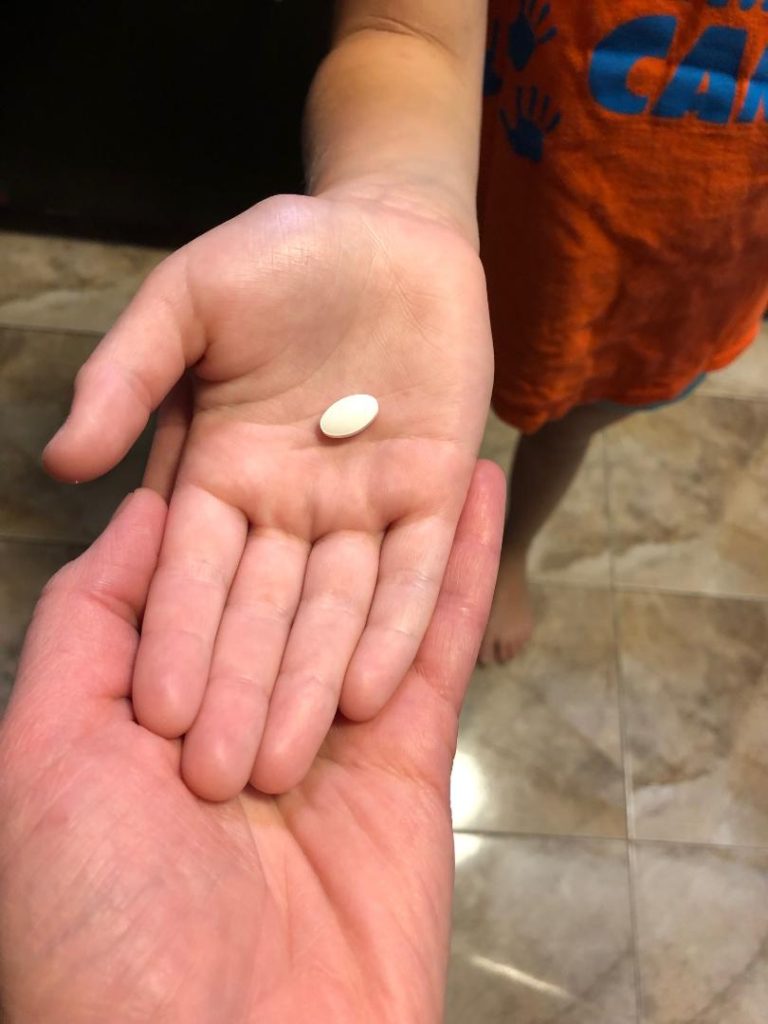Vitamin D, also known as the “sunshine vitamin,” is essential for absorbing calcium and supporting bone, immune, and heart health. Unfortunately, since it is not naturally present in many foods, approximately 40% of US adults are deficient in this important vitamin, as per the National Library of Medicine. Aside from food, Vitamin D can be absorbed by the body via direct sunlight exposure. Whether the body absorbs enough vitamin D depends on various factors such as skin type and pigmentation, time of the day, season, and location on the earth. Also, sunscreen reduces the body’s absorption of Vitamin D.
As a result, most doctors recommend Vitamin D supplementation. Not all supplements are created equal, though.
Vitamin D Dietary Supplements
- Multivitamin/multimineral supplements
- Vitamin D2 (ergocalciferol) – normally found in plant foods
- Vitamin D3 (cholecalciferol) – normally found in animal foods
According to studies, vitamin D3 is twice as effective as D2.
Food That Contains Vitamin D
- Fatty fish, including trout, salmon, tuna, swordfish, mackerel, tilapia, flounder, sardines, and herring
- Cod liver oil
- Beef liver
- Egg yolk
- Cheese
- Mushrooms
- Food fortified with vitamin D, including dairy and non-dairy milk, fermented dairy, cereals, and juices
Vitamin D from Sun Exposure
The average recommended sun exposure for adequate Vitamin D absorption is 10 – 30 minutes of midday sunlight, several times per week, without sunscreen. People with darker skin color may need more exposure. Also, since the sun’s UV rays are weaker the further away one is from the equator, more sunlight exposure may be necessary for people living in colder climates, especially during the winter.



Daily Recommended Dosage of Vitamin D
According to the National Institutes of Health, the daily recommended dosage of vitamin D in Micrograms (mcg) and International Units (IU), based on one’s life stage is as follows:
- Birth to 12 months – 10 mcg (400 IU)
- 1 to 70 years – 15 mcg (600 IU)
- 71+ years – 20 mcg (800 IU)
- Pregnant and breastfeeding – 15 mcg (600 IU)
Complications of Vitamin D Deficiency
- Loss of bone density
- Rickets
- Heart disease
- Autoimmune problems such as Multiple Sclerosis
- Infections
- Depression
- Type 2 diabetes
- Hypocalcemia (low blood calcium levels)
- Hypophoshatemia (low blood phosphate levels)
- Complications with pregnancy
- Neurological diseases
Signs of Vitamin D Deficiency
- Nausea
- Fatigue
- Bone, joint, or muscle pain
- Longer wound healing time and recovery from illnesses
- Frequent infections or illnesses
- Bone loss
- Hair loss
- Digestive disorders, including weight gain and constipation
- Mood changes, including depression and anxiety
- Ataxia (impairment of balance or coordination)
- Dysarthria (impaired speech)
My Favorite Vitamin D Supplement



